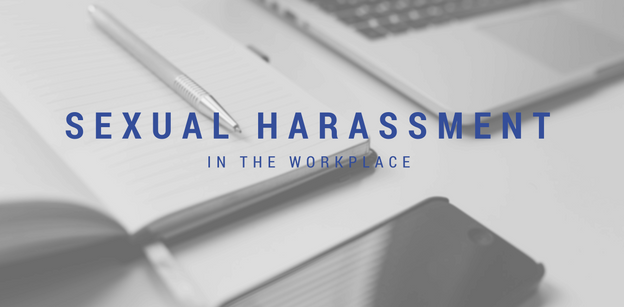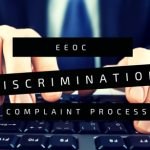State and Federal law prohibit harassment in the workplace when the harassment is based on an employee’s protected characteristics or the exercise of certain legal rights. Protected characteristics include gender/sex, race, color, age (over 40), national origin, disability, and religion. Harassment is also prohibited when an employee exercises his/her legal rights, including:
- applying for or taking leave under the Family and Medical Leave Act (FMLA)
- filing a complaint of discrimination,
- filing a wage/overtime claim
- filing a claim for workers’ compensation
- requesting a reasonable accommodation for a disability.
If you believe that you are being subjected to harassment at work based on one of the above reasons, then it is important to speak with an employment attorney who can both advise you of your legal rights and help shield you from continued harassment.
Harassment can come from co-workers, supervisors, management, or even a non-employee (e.g. customer or vendor). It can include unwelcome touching, inappropriate jokes, slurs, name-calling, or other offensive conduct. It can also include behavior that affects the employee’s terms or conditions of employment, such as schedules, pay, transfers, or changes in job duties or position.
Can I sue my employer for harassment?
Ultimately yes, but there are steps that must first be taken before you have the legal right to file a lawsuit. First, as outlined above, there is no legal claim for “harassment” at work if it is not based on a protected characteristic or the exercise of an employee’s various legal rights. For example, if a supervisor is hostile (e.g. yelling, cursing, demanding, etc.) towards all employees without regard to the employee’s protected characteristics, then there is no legal claim for harassment. The supervisor’s hostility/harassment must be directed towards employees of a particular group for there to be a potential claim of harassment.
If an employee is being harassed because of his/her protected characteristic(s), then the employee has the right to file what is called a Charge of Discrimination with the Texas Workforce Commission (TWC) and Equal Employment Opportunity Commission (EEOC). There are two main scenarios when an employee can and should file a complaint with the TWC and EEOC. The first occurs when the harassment has become so severe and pervasive that it has created what is referred to as a hostile work environment. This means that a reasonable person would find the harassment to be intimidating, threatening, and abusive. The other scenario occurs when the harassment has become a condition of continued employment. This is also known as quid pro quo harassment, and one of the most common examples is when a supervisor is sexually harassing a subordinate and making the employee’s job contingent upon his/her acceptance of the sexual advances or other sexual harassment.
Am I protected from retaliation if I complain of harassment?
Once an employee has either:
- Filed a complaint with the employer’s human resource department concerning the harassment
- Filed a complaint with the TWC and EEOC, the employee is protected from retaliation or further harassment because of that complaint.
To be protected activity, the harassment complaint must relate to a protected characteristic. While it is not required that an employee is represented by an attorney to pursue a harassment complaint, it is always important to fully understand your legal rights. A workplace harassment attorney can be a great place to start if you are considering pursuing a claim against your employer.








